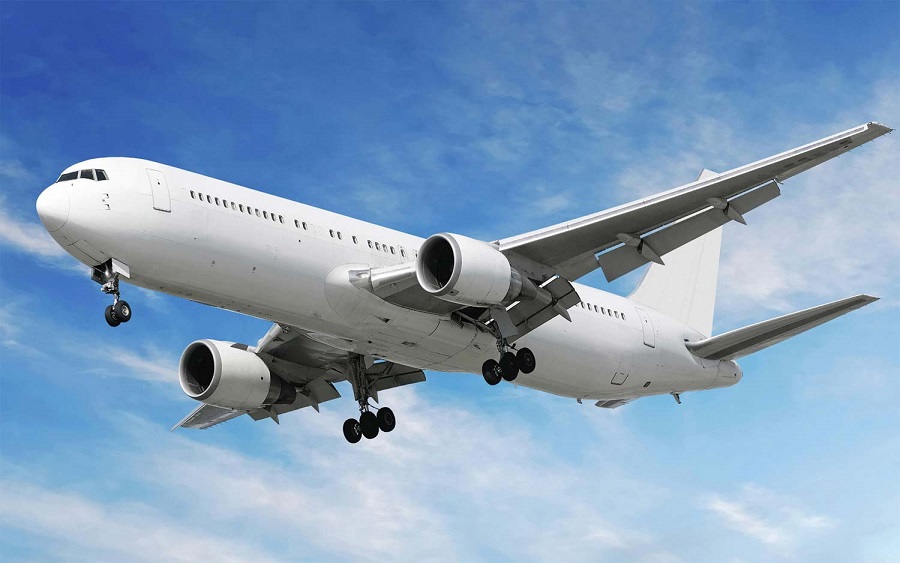In 2019, the Nigerian aviation sector was the fastest growing sector in Nigeria in real GDP terms, up 13.2% y/y to N83.5bn from N73.8bn in 2018. However, the outbreak of the coronavirus in Nigeria has threatened to derail the fast improving prospect of the industry. The aftermath policies of the Federal Government in the bid to contain the spread of the coronavirus resulted in the shutdown of the Nigerian airspace since March 22. The Presidential Task Force (PTF) on coronavirus recently announced a 4-week extension to the ban on both local and international air travel.
The economic costs of the shutdown of air travel is significant for Nigeria. According to the Minister of Aviation’s briefing to the PTF on coronavirus, Nigeria currently loses N21bn/ month. In addition, data from International Airline Tranport Association (IATA) estimates that the coronavirus outbreak would cost Nigeria’s aviation sector US$994.0m (N357.8bn) in Revenue, 125,370 jobs would be lost, and the overall economy would lose US$885.0m (N318.6bn) in form of nominal GDP contribution from the sector.
READ ALSO: FG waives import duties for medical supplies, orders Customs to expedite clearing
The crisis in the aviation industry is a global phenomenon that resulted from the need to curb transmission of the global pandemic across countries. However, the difference in the case of Nigeria is the dearth of palliatives to ease the crisis in the sector. For example, in the United States, the historic US$2.2tn fund includes a US$61.0bn relief package for airlines. In exchange, they promised to keep their thousands of employees through the crisis.
In Europe, governments have made available loans for airlines, although countries like UK have instructed that the airlines must have exhausted other sources of funding. In Nigeria, the situation appears different, while the CBN has announced several stimulus packages in union with the FG, the attention seems to have been directed towards, health and pharmaceuticals. This comes despite the request made by the Minister of Aviation for stimulus measures to support the industry.
(READ MORE: British airways set to suspend 32,000 employees)
We note that while the sector has been showing signs of promise in recent years, the story has not always been positive, with intense competition among airlines forcing ticket prices lower. When the low occupancy rate of local flights is considered, the situation appears worse, forcing smaller players who could not compete to file for bankruptcy. Failure by the Government to provide adequate support for the industry will lead to several airlines shutting down and massive job losses within the sector. For example, Airport Hotel, an associated hotel business close to the Lagos Muritala Muhammed airport sent its workers on a 3-month leave without pay.
In our view, the Federal Government needs to provide dedicated funding support in the form of loan facilities and tax breaks to support the very fragile aviation industry, as the aviation sector would play a key role in the economic recovery process post pandemic.




















